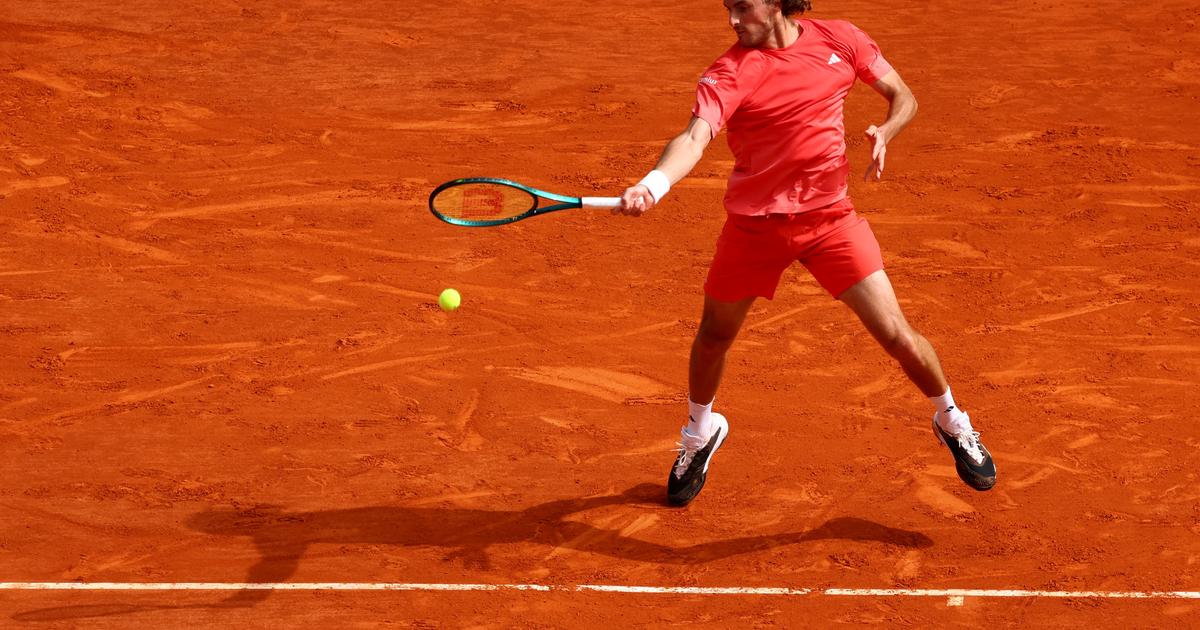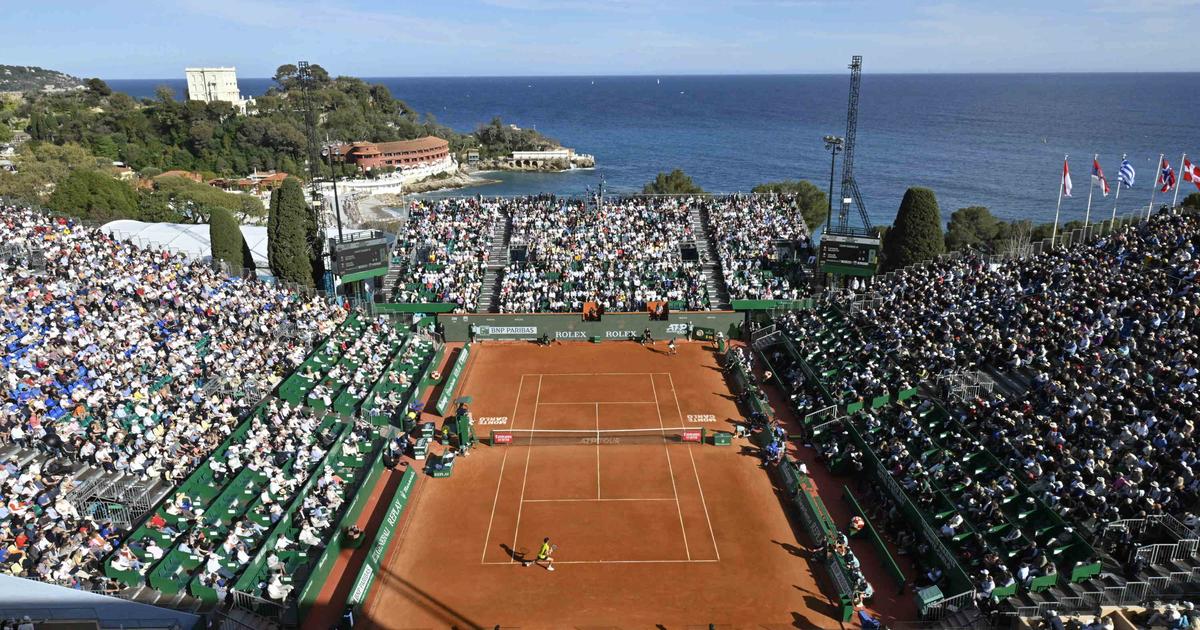Inside a restaurant located on Londsdale Street, in the heart of Melbourne, a man with angular features and his partner savor a dish consisting of a mortar of shredded meat, sautéed vegetables and yogurt sauce wrapped in pita bread.
They express themselves in English and then jump to Greek, although both, middle-aged, define themselves as
Melbournes
;
that is, proud citizens.
“We were born here, but our roots are there”, they comment while they finish the
souvlakis
served by this hotel business founded in 1978 and for which Stefanos Tsitsipas has been dropped from time to time, since yesterday, finalist of the Australian Open.
On the same street you can find other Greek shops and at the entrance to the Melbourne Park complex, where the tennis tournament takes place, there is another striking element.
It is a kind of booth in which the employees serve some of the specialties of Hellenic cuisine.
Among them,
The Stef
, dedicated to the man who will challenge Novak Djokovic tomorrow in the final after getting rid of Karen Khachanov (7-6(2), 6-4, 6-7(6) and 6-3), and
The Sakkari Snack Pack
, as a nod to the sixth best player in the world.
Like Londonsdale's Stalactites, Hella Good is owned by Nicole Papasavas and is supported by the two tennis players, who associate the restaurant with the aim of raising charitable funds so disadvantaged children can play sports and train.
More information
Djokovic grows towards the grand final
“For me, this Grand Slam is like my home.
They welcome me very well here and there are a lot of Greco-Australian fans.
I feel a close connection with the Australian people and their way of life, and even if Greece doesn't have a big tournament, this will always be my home”, points out Tsitsipas, who in the case of winning his first big one – in his second final, after the from Roland Garros in 2021 against Djokovic– will dethrone Carlos Alcaraz as number one;
otherwise, it will be the Serbian who returns to the top of the ATP circuit.
“The Greek and Serbian community here are big.
Historically we have gotten along very well, so I hope there will be no problem;
on the contrary, I think they will encourage in a very respectful way.
We'll see what happens", says Djokovic, forceful against Tommy Paul (7-5, 6-1 and 6-2) and who, like Tsitsipas and the Hellenes, throughout these two weeks has had the unconditional support of the large representation of Serbian origin that exists in the city;
a fact that responds to the migratory movements that occurred throughout the 20th century and that reinforces the amalgamation of nationalities that coexist in Australia, which was established in 1901 as a nation.
Serbian supporters cheer on Djokovic. CARL RECINE (REUTERS)
Specifically, as far as the two athletes are concerned, the Greek community in Melbourne constitutes the largest Greek-speaking population outside of the Hellenic country and Cyprus, and the census registered 425,000 descendants in 2021, almost 100,000 of them born in the country;
in Serbian terms, the number of descendants reaches 95,000 people.
"Both Serbia and Greece have managed to put themselves on the tennis map," says Tsitsipas, who had not managed to cross the barrier of the semifinals of the tournament (2019, 2021 and 2022) until now;
“We are two small countries, but we have produced good players.
I hope that my country can achieve as many great titles as they [the Serbs], and I want to do it together with Maria [Sakkari], because I believe that between the two of us we can achieve very important things”.
Tsitsipas signs autographs for Greek fans.Aaron Favila (AP)
Since the first round, the flags of both countries have populated the stands of the Australian center (with a capacity for 14,820 spectators) and every time their representatives intervened, especially the two finalists of the men's draw, the atmosphere was assimilated to that of the Davis Cup .
The Croatian followers – with more than 133,000 descendants – and the Italians – who represent 3.5% of the total population of the country, 25.7 million inhabitants divided into six states – have also been strongly noted.
Despite being more than 13,000 kilometers away from their respective birthplaces, both Tsitsipas (24 years old) and Djokovic (35) find a perfect habitat for their tennis.
Tomorrow they will collide in the grand final, after the women's match is resolved this Saturday (9.30, Eurosport) between Aryna Sabalenka and Elena Rybakina, and both trust that the good atmosphere will prevail.
“I hope that all the people who come to see us do so for tennis and sport.
That's what we all want," says Djokovic.
“I grew up in a climate very similar to the one here, it always reminds me a bit of home;
the conditions are similar, it is not very humid nor very tropical.
The French have Roland Garros, the British have Wimbledon, the Americans have the US Open and I have Australia”, closes Tsitsipas.
You can follow EL PAÍS Deportes on
and
, or sign up here to receive
our weekly newsletter
.
Subscribe to continue reading
Read without limits
Keep reading
I'm already a subscriber









